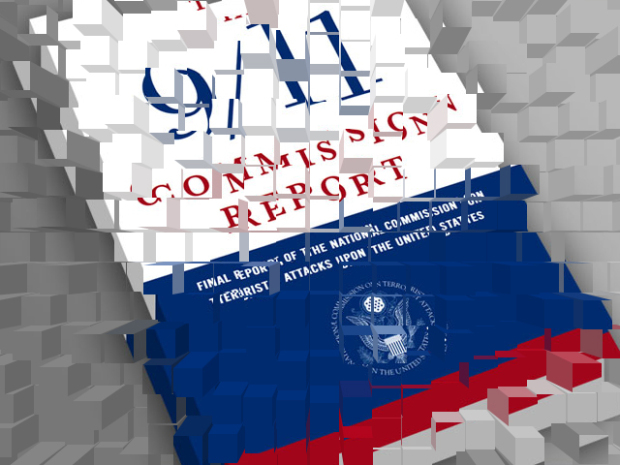
The objective of the Panel is to create a bank of points refuting elements of the official story.
May 2, 2012
By Craig McKee
Two members of David Ray Griffin’s Consensus 9/11 Panel have quit in protest following the dismissal of fellow member Paul Zarembka.
Journalist and author Barrie Zwicker and Pilots For 9/11 Truth core member Shelton Lankford resigned from the Panel last week in solidarity with Zarembka (author of The Hidden History of 9-11) and over disagreements the three have with Griffin and Panel co-founder Elizabeth Woodworth about how the project is being administered.
“I felt Paul’s treatment was kind of a last straw,” Lankford said in an interview. “For me the Consensus Panel process was functioning as a gatekeeper, and evidence deemed controversial was not going to be Continue reading

